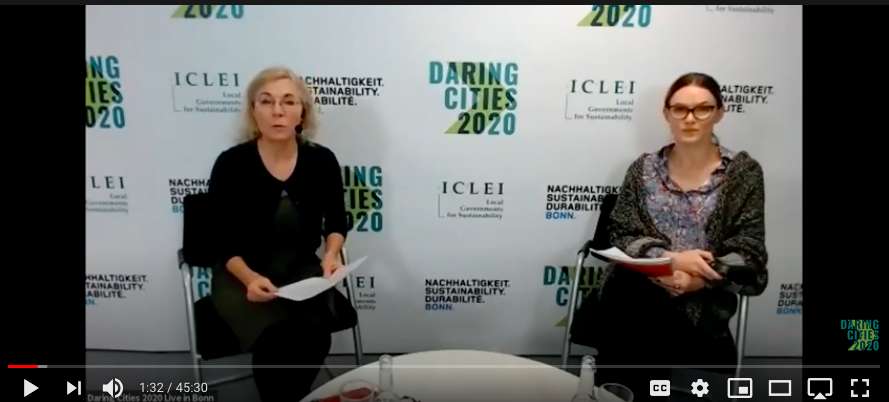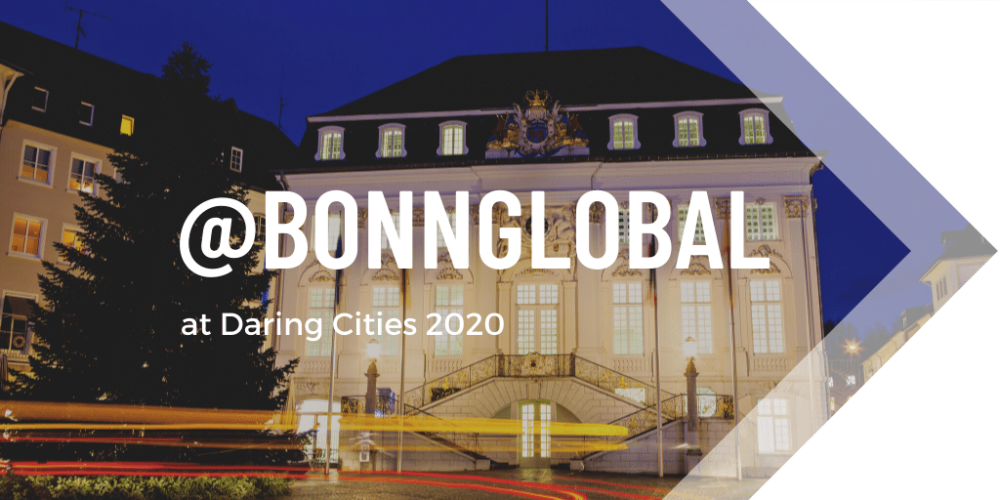
In order to access the video, you must create an account on Daringcities.org or log-in.
@BonnGlobal host: Bonn Alliance for Sustainability Research
Climate change is an important factor in environmentally induced migration, mostly within countries, but also across borders. It is driven by deliberate decisions to manage risks or adapt to changing environments and affected local economies, or driven by environmental disasters and emergencies.
Policy-relevant research on climate migration is a tremendously complex effort because it starts at the roots of migration in a specific community, gets into dialogue with the locals, and needs to be translated into adequate policy advice. It needs an understanding of diverse social, political and environmental contexts, and communication with multiple stakeholder on local and international levels – and, thus, well-connected experts in diverse domains. Only then can it realize its potential to change people’s lives and living conditions.
The partner organizations of the Bonn Alliance for Sustainability Research gather these connected experts under their roofs. The Bonn Alliance is a research network which jointly investigates the dynamics of global change in an inter- and transdisciplinary manner. As the networking of multiple sectors and stakeholders for sustainability research and science is deeply rooted in its DNA, the Bonn Alliance Head Office facilitates a discussion on the role of networked science on climate migration with regards to people and policies.
Session speakers
Three Bonn Alliance partner experts provide insights into stories from the field and multiple-stakeholder negotiations:
Dr. Zaneta Kubik
Senior Researcher at the Center for Development Research (ZEF) of the University of Bonn; an economist with a focus on climate change and migration in Africa.
Dr. Benjamin Schraven
Senior Researcher at the German Development Institute / Deutsches Institut für Entwicklungspolitik (DIE) in the Research Programme “Environmental Governance”; a social scientist with a focus on migration and development (policies), environmental change and migration, and adaptation to climate change.
Dr. Kees van der Geest
Head of the Environment and Migration: Interactions and Choices Section (EMIC) at the Institute of Environment and Human Security of the United Nations University (UNU-EHS); a human geographer with a focus on the impacts of climate change, human mobility, environmental change, adaptation, livelihood resilience and rural development.
The discussion is moderated by Dr. Koko Warner (UNFCCC) who has shared her research findings with policy makers on the impacts of climate change on household migration and risk management decisions around the world. Now at UNFCCC, she manages the sub-program on climate “Impacts, Vulnerability and Risks” at UNFCCC.
